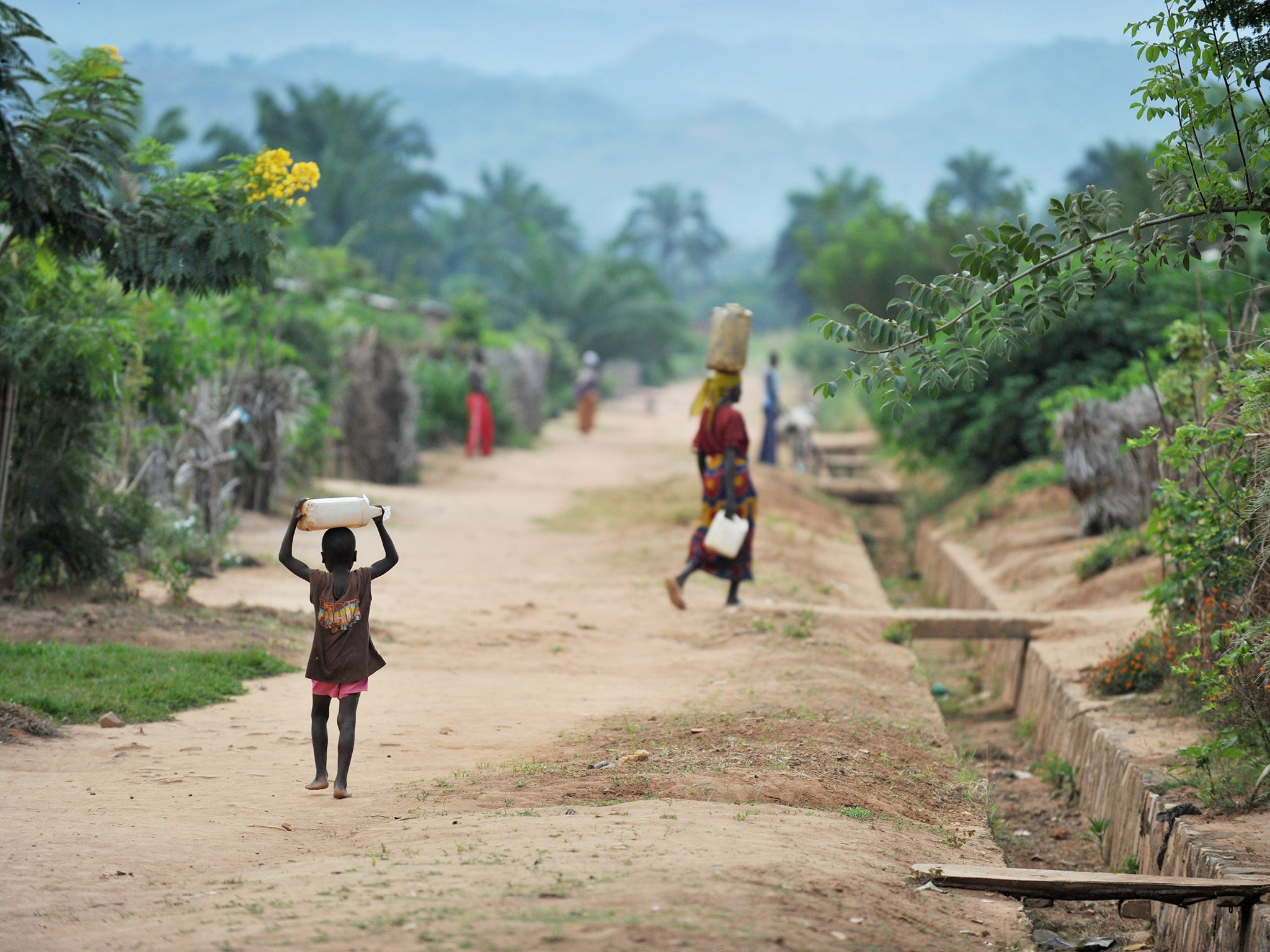Sleeping sickness breakthrough hailed as thousands of lives saved following fall in cases
Researchers from The University of Edinburgh discovered a method to prevent the transmission of the disease

Your support helps us to tell the story
From reproductive rights to climate change to Big Tech, The Independent is on the ground when the story is developing. Whether it's investigating the financials of Elon Musk's pro-Trump PAC or producing our latest documentary, 'The A Word', which shines a light on the American women fighting for reproductive rights, we know how important it is to parse out the facts from the messaging.
At such a critical moment in US history, we need reporters on the ground. Your donation allows us to keep sending journalists to speak to both sides of the story.
The Independent is trusted by Americans across the entire political spectrum. And unlike many other quality news outlets, we choose not to lock Americans out of our reporting and analysis with paywalls. We believe quality journalism should be available to everyone, paid for by those who can afford it.
Your support makes all the difference.Acute cases of sleeping sickness in rural Uganda have fallen by 90 per cent after a breakthrough in eliminating the parasite from cattle.
Researchers from the University of Edinburgh tested a new approach by targeting 500,000 cows for treatment, in an effort to halt transmission to humans.
By giving the cattle a single injection of a chemical that kills parasites and carrying out regular insecticide spraying to prevent re-infection, the scientists were able to rid the livestock of the disease.
Professor Sue Welburn, the university's vice-principal global access, led the research.
She said: “For this neglected disease, treating the infection in cattle, the source of infection to humans offers us a double whammy, healthier people and healthier animals.”
Researchers claim to have already saved thousands of lives and are aiming to extend the project to all districts in the country affected by the condition.
A person contracts sleeping sickness if he or she is bitten by a fly infected with the parasite. A total of 66 million people are at risk from getting the disease.
There are between 30,000 and 50,000 new cases reported annually and around 30,000 die every year from the illness.
Initially, in the first stage of the disease, there are fevers, headaches, itchiness, and joint pains.
The disease progresses to the second stage when the when the parasite invades the central nervous system - causing confusion, poor coordination, numbness and trouble sleeping. If left untreated, the disease is always fatal.
Join our commenting forum
Join thought-provoking conversations, follow other Independent readers and see their replies
Comments